Everybody Wins! 100 Social-Emotional Learning Games That Children Should Play
$19.95
Terri Akin & Dianne Schilling
Games are a powerful way of developing emotional Intelligence (social emotional learning) in young people. The 100 games in this valuable resource encourages students to learn and practice such important skills as taking turns, sharing, controlling behavior and thoughts, managing negative feelings, responsibility and cooperation while interacting in fun, just, and respectful ways. These spirited and involving games also encourage motivation of self and others and learning what it takes to be an effective, contributing part of a team. The natural desire for children to have fun and play with others provides the perfect learning laboratory for encouraging inclusion, cooperation, and full participation.
Help your students learn important skills and develop new attitudes about competition and winning and losing while experiencing the immediacy and hands-on involvement of fun games.
Table of Contents
- Introduction
- Action Games
- Ball Games
- Brain Games
- Communication Games
- Cooperative Games
- Get-Acquainted Games
- Imagination Games
- Number Games
- Sidewalk Games
- Tag Games
- Word Games
An Excerpt from the Introduction
Understanding Cooperation and Competition—
Over the years, you’ve probably been exposed to considerable debate concerning the concepts of win-win, win-lose, and lose-lose. Our culture consistently places the highest value on winning, often at any cost. Sporting events of all kinds glorify winning and denigrate losing, and this attitude is frequently passed on in the activities that we organize for children. We think this practice is unfortunate and wish to emphasize from the start that full participation, not winning, is the goal of this book.
We’re not suggesting that competition be completely eliminated from play. This is neither possible nor desirable. Some students are inherently more competitive than others, and no one should deny those students the right to be themselves. However, through basic ground rules, the general tone you establish, and the way each game is monitored, the influence of overly competitive players can be minimized, while the values of cooperation and participation are maximized.
Competitive elements exist in many games. In tag games, players compete to run fastest (or smartest) from “It.” In ball games, they compete to be strongest, speediest, or most agile. However, if winning is allowed to become the most important focus of a game, anyone who is less able, looks foolish, or make a mistake loses value as a player. And to the extent that winning compromises the spirit of inclusion and cooperation or damages the self-esteem of even a single player, everybody loses.
So, instead of focusing on the outcome of a game, we urge you to emphasize participation, inclusion, and effort. In o doing, you’ll de-emphasize the importance of the outcome and, thus, of winning. The ultimate outcome of Everybody Wins! is a positive climate in which all those who participate win.
All Ages, 151 pages, 6 x 9, paperback
Description
Terri Akin & Dianne Schilling
Games are a powerful way of developing emotional Intelligence (social emotional learning) in young people. The 100 games in this valuable resource encourages students to learn and practice such important skills as taking turns, sharing, controlling behavior and thoughts, managing negative feelings, responsibility and cooperation while interacting in fun, just, and respectful ways. These spirited and involving games also encourage motivation of self and others and learning what it takes to be an effective, contributing part of a team. The natural desire for children to have fun and play with others provides the perfect learning laboratory for encouraging inclusion, cooperation, and full participation.
Help your students learn important skills and develop new attitudes about competition and winning and losing while experiencing the immediacy and hands-on involvement of fun games.
Table of Contents
- Introduction
- Action Games
- Ball Games
- Brain Games
- Communication Games
- Cooperative Games
- Get-Acquainted Games
- Imagination Games
- Number Games
- Sidewalk Games
- Tag Games
- Word Games
An Excerpt from the Introduction
Understanding Cooperation and Competition—
Over the years, you’ve probably been exposed to considerable debate concerning the concepts of win-win, win-lose, and lose-lose. Our culture consistently places the highest value on winning, often at any cost. Sporting events of all kinds glorify winning and denigrate losing, and this attitude is frequently passed on in the activities that we organize for children. We think this practice is unfortunate and wish to emphasize from the start that full participation, not winning, is the goal of this book.
We’re not suggesting that competition be completely eliminated from play. This is neither possible nor desirable. Some students are inherently more competitive than others, and no one should deny those students the right to be themselves. However, through basic ground rules, the general tone you establish, and the way each game is monitored, the influence of overly competitive players can be minimized, while the values of cooperation and participation are maximized.
Competitive elements exist in many games. In tag games, players compete to run fastest (or smartest) from “It.” In ball games, they compete to be strongest, speediest, or most agile. However, if winning is allowed to become the most important focus of a game, anyone who is less able, looks foolish, or make a mistake loses value as a player. And to the extent that winning compromises the spirit of inclusion and cooperation or damages the self-esteem of even a single player, everybody loses.
So, instead of focusing on the outcome of a game, we urge you to emphasize participation, inclusion, and effort. In o doing, you’ll de-emphasize the importance of the outcome and, thus, of winning. The ultimate outcome of Everybody Wins! is a positive climate in which all those who participate win.
All Ages, 151 pages, 6 x 9, paperback

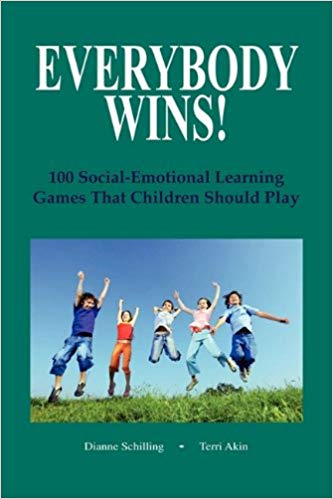
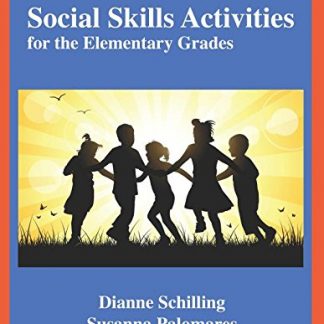
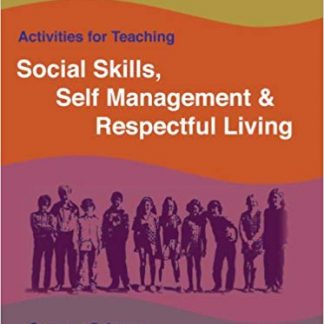
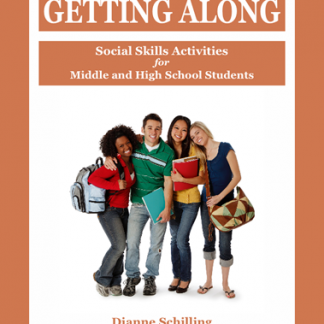
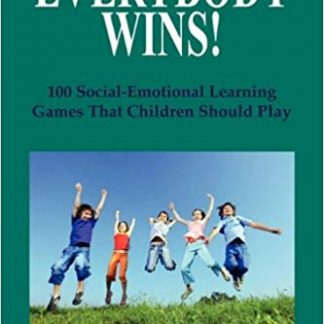
Reviews
There are no reviews yet.